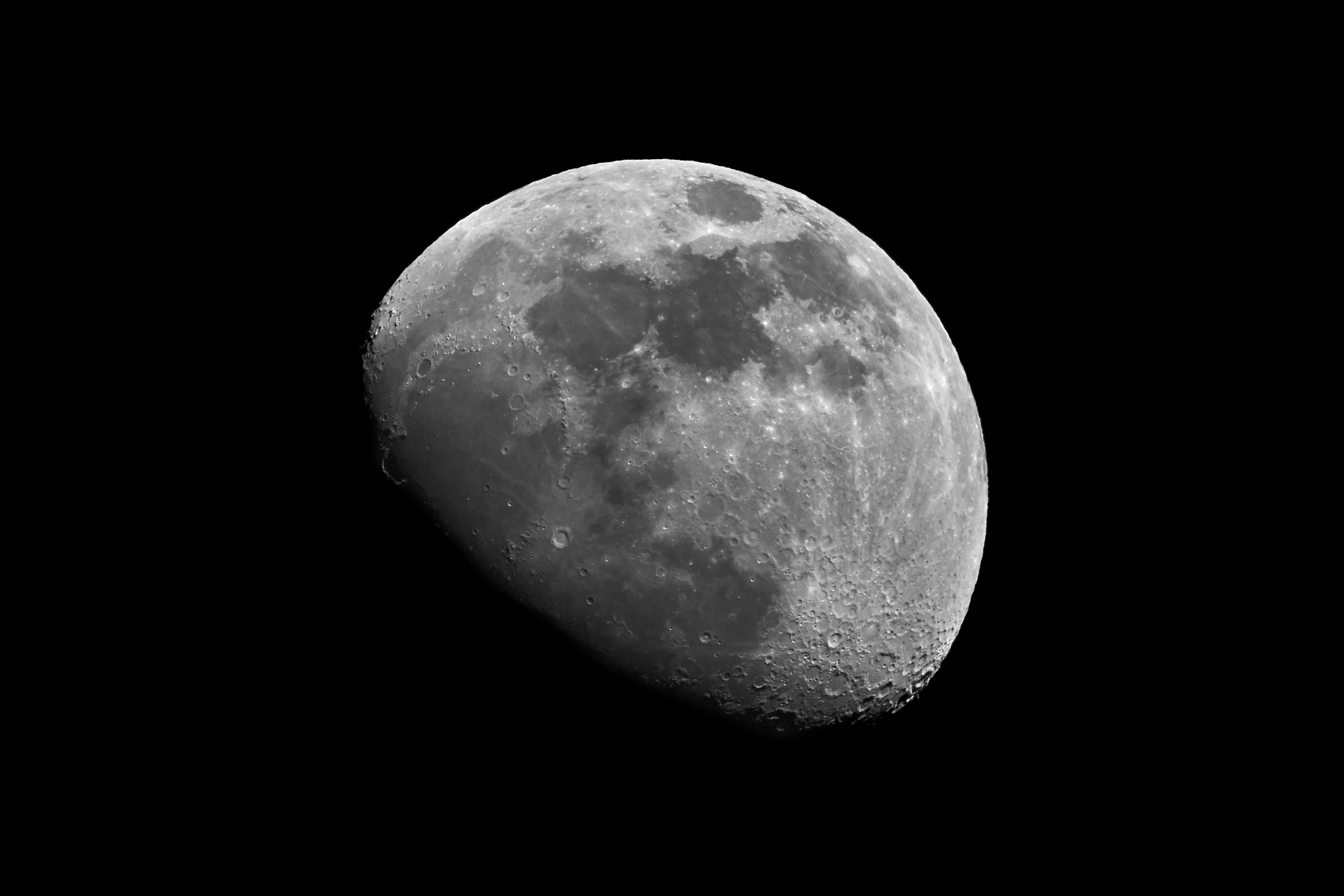Why space experts want to establish a lunar time zone


A free daily email with the biggest news stories of the day – and the best features from TheWeek.com
You are now subscribed
Your newsletter sign-up was successful
You've heard of island time ... but get ready for lunar time.
Experts believe the moon may need its own time zone as part of the current rise in celestial expeditions, Axios reports.
"As dozens of missions will be operating on and around the moon and needing to communicate together and fix their positions independently from Earth, this new era will require its own time," the European Space Agency (ESA) said Monday, adding that, until now, each moon mission has "been operated on its own timescale exported from Earth."
The Week
Escape your echo chamber. Get the facts behind the news, plus analysis from multiple perspectives.

Sign up for The Week's Free Newsletters
From our morning news briefing to a weekly Good News Newsletter, get the best of The Week delivered directly to your inbox.
From our morning news briefing to a weekly Good News Newsletter, get the best of The Week delivered directly to your inbox.
The ESA is reportedly collaborating with other space agencies including NASA in a "joint international effort" to determine what a lunar time zone might look like. But such a project could prove rather difficult, seeing as clocks on the moon tick slightly faster than on Earth, reports Axios. "This will be quite a challenge on a planetary surface where in the equatorial region each day is 29.5 days long, including freezing fortnight-long lunar nights, with the whole of Earth just a small blue circle in the dark sky," explained Bernhard Hufenbach, part of ESA's Directorate of Human and Robotic Exploration.
Experts are unsure whether one space agency should set and maintain the lunar time. "The international community will also have to settle on a common 'selenocentric reference frame,'" writes the ESA, referring to the International Terrestrial Reference Frame, which allows for the "consistent measurement of precise distances between points across our planet."
If scientists are able to establish "a working time system for the moon, we can go on to do the same for other planetary destinations," commented Hufenbach.
A free daily email with the biggest news stories of the day – and the best features from TheWeek.com
Devika Rao has worked as a staff writer at The Week since 2022, covering science, the environment, climate and business. She previously worked as a policy associate for a nonprofit organization advocating for environmental action from a business perspective.
-
 Will increasing tensions with Iran boil over into war?
Will increasing tensions with Iran boil over into war?Today’s Big Question President Donald Trump has recently been threatening the country
-
 Corruption: The spy sheikh and the president
Corruption: The spy sheikh and the presidentFeature Trump is at the center of another scandal
-
 Putin’s shadow war
Putin’s shadow warFeature The Kremlin is waging a campaign of sabotage and subversion against Ukraine’s allies in the West
-
 NASA’s lunar rocket is surrounded by safety concerns
NASA’s lunar rocket is surrounded by safety concernsThe Explainer The agency hopes to launch a new mission to the moon in the coming months
-
 Nasa’s new dark matter map
Nasa’s new dark matter mapUnder the Radar High-resolution images may help scientists understand the ‘gravitational scaffolding into which everything else falls and is built into galaxies’
-
 Moon dust has earthly elements thanks to a magnetic bridge
Moon dust has earthly elements thanks to a magnetic bridgeUnder the radar The substances could help supply a lunar base
-
 How Mars influences Earth’s climate
How Mars influences Earth’s climateThe explainer A pull in the right direction
-
 The ‘eclipse of the century’ is coming in 2027
The ‘eclipse of the century’ is coming in 2027Under the radar It will last for over 6 minutes
-
 NASA discovered ‘resilient’ microbes in its cleanrooms
NASA discovered ‘resilient’ microbes in its cleanroomsUnder the radar The bacteria could contaminate space
-
 Artemis II: back to the Moon
Artemis II: back to the MoonThe Explainer Four astronauts will soon be blasting off into deep space – the first to do so in half a century
-
 The mysterious origin of a lemon-shaped exoplanet
The mysterious origin of a lemon-shaped exoplanetUnder the radar It may be made from a former star
